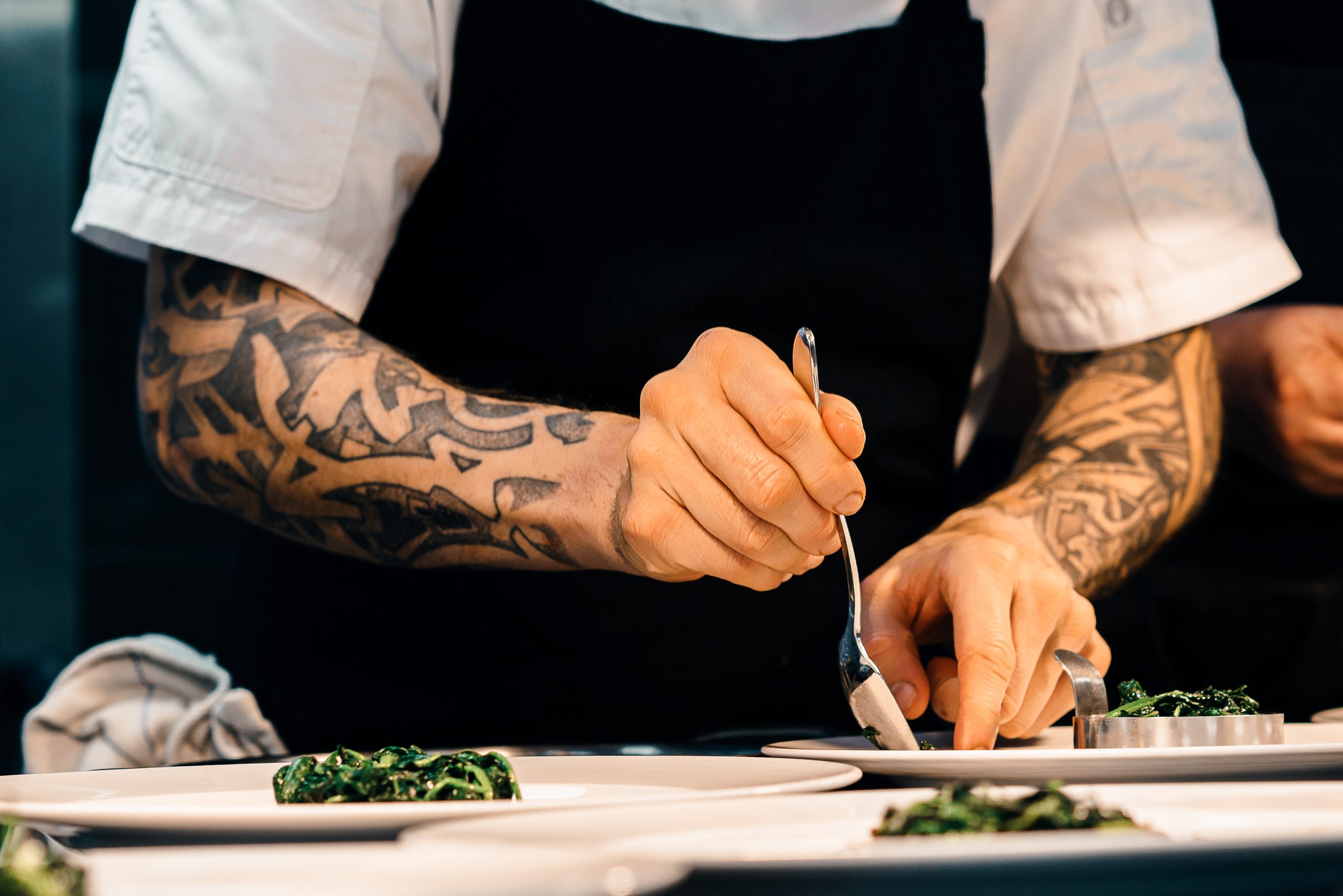27
Apr 2023
Becoming a Leadership Chef
Nora Butter
I was not a stranger to the Wexner Service Corps. My older brother was a member of WSC and SLC just a few years prior to my years of participation. I thought I wasn’t a stranger to leadership, but the world of Wexner leadership was a stark contrast to the leadership I’d done solely within a school community.
When my time began in the Wexner Service Corps, the world was in the early stages of shutting down and shutting out. At first it seemed a little contradictory. How can you be a prominent leader when your new lifestyle is on a computer screen? I was a little discouraged after being on such a streak of participation in leadership in various places, and adding another set of zoom calls to my schedule was one of the last things I wanted to do. I was convinced that it was going to be 25 more squares with their cameras off while we read about service - because it’s not like we could do anything from home.
As it turned out, this was far from the reality that came with the sessions of our service. Some of my favorite acts of service were the ones where we would all make or bake something and drop it off at Rabbi Sharon’s front porch, a place where she quickly became my best friend and one of the most prominent Jewish mentors in my life.
I find that leadership can be similar to the recipes we would follow. One head chef - in this case, Rabbi Sharon - gives ingredients and instructions, like the learnings and moral guidance regarding service, but also gives leeway for the participants to add their own spin on it and apply said teachings to become their own leadership “chefs.”
Everyone’s leadership cookie is bound to be different from the one next to it. The ingredients needed to craft your own personal perfection are your own leadership qualities. I find that my “key ingredients” are related to voice (both listening to others and not being afraid to use my own), humor (having fun to build engagement and rapport with teams), and organization (precisely laying out all aspects of an event and dichotomizing the elements of success my plan will have). It’s common knowledge that Jews have a connection to food, and when everyone’s recipes, leadership or not, are out in the open, there’s bound to be sharing. Being a relatable and cooperative chef will build a plethora of relationships with others that get you far beyond apprenticeship and into the professionalism of being an independent leadership chef.
WSC and SLC were influential in my incorporation of service, specifically Jewish service, into my life as a first-year college student at George Washington University in Washington, DC. I had never anticipated being as involved in GW’s Hillel as I am. In my role as a Service Engagement Intern, I plan volunteer and interactive programming for students, and, having had experience with Wexner, this came easily to me. I was able to rework the ingredients and recipes I was taught into something of my own, pushing me to grow and learn as a new leader in this environment. As a result of this leadership expansion, I was selected by my Hillel to be my college’s sole representative at the first ever Jewish Women’s Forum hosted by the White House, with speakers including Second Gentleman Douglas Emhoff, Ambassador Deborah Lipstadt (just days after watching Denial in my writing class), and Shelley Greenspan.
In the whirlwind of being asked to go to the White House on a Thursday morning with less than 24-hours’ notice and sitting front row of all these amazing speakers alongside over 70 powerful female individuals, I realized the motivation to my kind of leadership. Regardless of the topic, I feel as though many people have the mindset of, “How can I, as one person, make that much of a change if the world needs so much help?” Or “Someone else will do it so I don't need to worry.” I want to be the leader that teaches others how it’s okay to not have all the answers. It’s ok to not be able to solve world hunger with just one sandwich packing event or fix poverty by helping build a house. This is a team effort, and by acknowledging the flaws and imperfections of the system, we can work together to make realistic change as a community of leaders.
As a developing leadership chef, I’m fully aware that in no way have I reached 5-star status - I’m going to need more Yelp reviews for that. In other words, I know I have my faults: I’m too much of a perfectionist, I have a slight tendency to take control, and I panic when an aspect of my plan goes askew in the slightest. There is no culinary school for leadership, but it’s also not an “every chef for themselves” kind of situation. I find that good chefs are able to take the tips and tricks that are presented to them, knowing when to step forward and when to step back (maybe let the sous chef shine a little bit). Future leaders will one day take ingredients from you, and find their motivation, with all of the necessary techniques and calculations that it takes to be confident enough to make a much-needed powerful contribution through action and service.

Get to know the author
Nora Butter (WSC 2020) is an alum of the Wexner Service Corps and a graduate of Gahanna Lincoln High School. She is currently pursuing a degree in Environmental Studies at The George Washington University.

